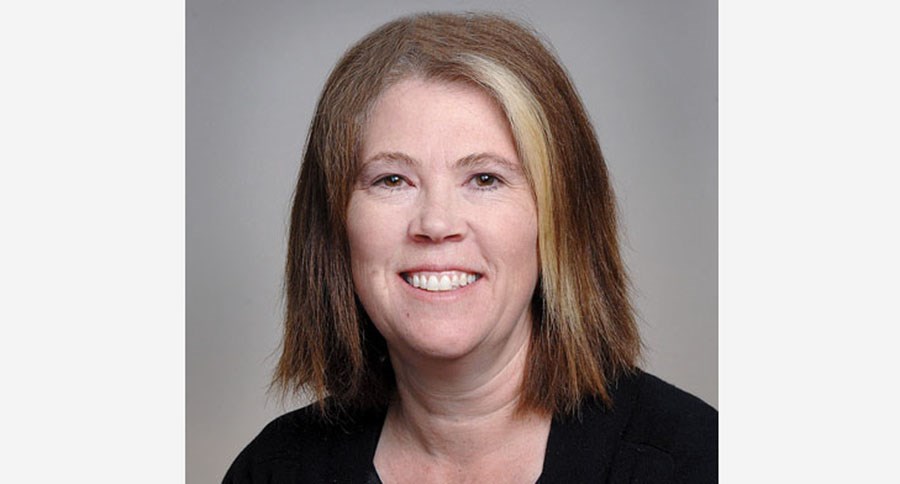My family really enjoys audiobooks. They are a great way to enjoy a good book and still spend time together.
Just lately we have been enjoying the Libba Bray series, A Great and Terrible Beauty.
It is a story of old magic and an English boarding school and the lives of young girls at the end of the 19th century. It is more mature than Harry Potter but still has the feeling of a great British literature about children dominated by the harsh reality of the British class system.
The story is about a young girl who has grown up in India. She watches her mother murdered before her eyes by a mysterious creature. The girl subsequently leaves India to go to school in England.
It does not take long for her to discover that she is able to travel to the "realms" where she and her friends can make their dreams of escaping the social pressures of British society disappear. But, like all good stories, there is conflict. Suddenly the "realms" turn into a place of frightening creatures, horrible men called Poppy Warriors and a landscape full of tricky paths that lead to places of no return.
As we listened to the story and to each daring, frightening escape made by the girls, my husband suddenly paused the story and said: "I love this story but I must say you have to wonder why, every time these girls escape the realms, they spend the next few chapters pining to go back. Didn't they just get out by the skin of their teeth?"
Of course, we laughed and all agreed that the lure of the realms was odd, except, as I thought later, what draws them back is the one lure that is universal... power.
You see everyone in the story is seeking to control the power of the realms. They all want "the magic" and they keep trying to form alliances so that it can be shared. Except we know that once they get "the magic" they won't share. They will keep it for themselves.
I sometimes wonder if regular readers of my column think that I make strange connections but I can't help listening to a story that is about class structure, colonialism, race relations and power without putting on my political science hat.
Power is one of the very first concepts we talk about in political science.
Here is a definition and set of questions that guide our inquiry. Dickerson, Flanagan and O'Neill write: "Power in the broadest sense is the capacity to achieve what you want. The word is related to the French verb pouvoir, to be able.
Power can be the physical ability to perform a task such as lifting or running, the intellectual capacity to solve a problem, or the social ability to induce others to do what you want.
In political science, power has this latter meaning.
Political science is centred around the study of political power, seeking answers to questions such as the following: Who has power and who does not? Are those who exercise power held accountable in some way to those who do not? Can those who wield power be replaced peacefully or only with violence? What beliefs justify the distribution and exercise of power in political systems?"
Power is at the heart of politics and government. Autocratic forms of government attempt to hold power without accountability: the state is above the law. Whenever I teach about authoritarianism, I ask my students to recall the scene from the movie Schindler's List when Schindler approaches a young Jewish woman who works in his factory.
Clearly there is no reason to believe he will harm her. He has offered refuge of his factory. Yet, as he approaches her she flinches...not just in fear but in terror.
"What's wrong?" he says.
She pauses, and in a moment that perfectly describes authoritarianism she says something like: "I just thought that if I followed the rules... if I found out what the rules are and if I followed them... I would be safe. But there are no rules."
What democracy offers us are rules. Democracies are constructed to disperse power and to build societies based on our agreement to live together. But power will always have a lure.
As we enter an election year we need to remind ourselves of our obligation to assert and share our power - and be thankful that we live in a democratic system where political parties are accountable for our choices.



